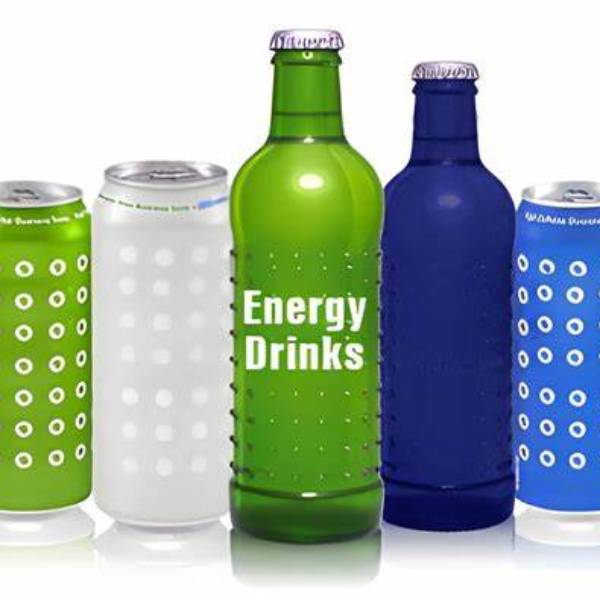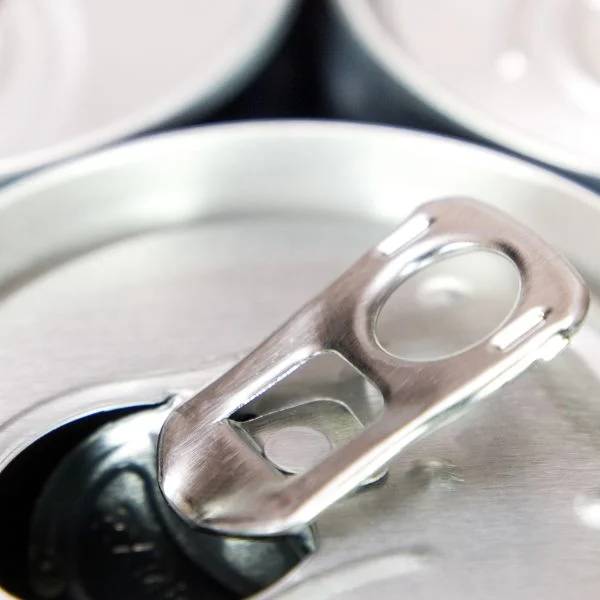Energy drinks have surged in popularity over the last decade. Many people rely on these beverages to boost their productivity and energy levels. However, a growing concern surrounds their potential health risks. One such issue is whether energy drinks can cause gallstones. This article dives into the relationship between energy drinks and gallstones.

Understanding Gallstones and Their Causes
Gallstones form in the gallbladder as hardened deposits of digestive fluid. They can differ in size and composition, affecting individuals differently. An imbalance in cholesterol, bile salts, or bilirubin commonly leads to their formation. When the body produces too much cholesterol or bilirubin, these substances crystallize, creating stones. Certain factors increase the likelihood of developing gallstones. Obesity plays a significant role, as excess weight changes the bile composition. Rapid weight loss can also trigger gallstone formation. When individuals lose weight quickly, their liver releases extra cholesterol into the bile. Additionally, diets high in fat and low in fiber can contribute to gallstone risks.
The Role of Energy Drinks
Many people question whether energy drinks can contribute to gallstone formation. Several ingredients in energy drinks may disrupt the balance of bile. Substances like caffeine and high sugar content can influence digestion and metabolism. Furthermore, energy drinks often contain artificial additives and preservatives. These additives can lead to dietary imbalances that may predispose someone to gallstones. Although research on this specific link is limited, consuming energy drinks excessively might play a role.
Moderation remains essential, as excessive intake can have various health implications. Maintaining a balanced diet with adequate fiber helps minimize gallstone risks. Moreover, staying hydrated supports proper bile function. Individuals should consult medical professionals if they have concerns about gallstone risks. By understanding the factors that contribute to gallstone formation, one can make healthier lifestyle choices.

Can Energy Drinks Cause Gallstones? The Ingredients Matter
The Role of Caffeine in Gallbladder Health
Caffeine serves as a primary ingredient in many energy drinks. Studies reveal that excessive caffeine intake may raise cholesterol levels in the body. This increase in cholesterol is concerning because high cholesterol is a known contributor to gallstone formation. Additionally, the combination of caffeine and sugar in energy drinks may exacerbate this issue. Thus, many individuals wonder if regular consumption of energy drinks could lead to gallstones. The potential link raises important health questions for consumers.
Sugar’s Impact on Gallbladder Function
Along with caffeine, sugar also plays a significant role in energy drinks. Research indicates that high sugar intake may lead to obesity, which is another risk factor for gallstones. The body’s metabolism can suffer when we consume excessive amounts of sugar. Moreover, sugar may influence how the liver processes fats. If the liver struggles, it can cause cholesterol imbalances.
Therefore, the cumulative effect of these ingredients can impact gallbladder function. Consumers must evaluate their energy drink habits carefully. Moderation may be critical in reducing the risk of gallstones. As more studies emerge, consumers will benefit from understanding the full impact of energy drinks on gallbladder health. Overall, managing caffeine and sugar intake can contribute to better health outcomes. By making informed choices, individuals can protect their gallbladder and overall well-being.
High Sugar Content and Gallstone Formation
The Impact of Sugar on Health

Many energy drinks contain excessive amounts of sugar. This high sugar content poses serious health risks. For instance, sugar contributes significantly to obesity, which affects millions of people. Obese individuals face increased chances of developing related health problems. Insulin resistance often follows obesity, leading to further complications. Insulin resistance prevents the body from effectively using insulin. As a result, blood sugar levels can rise, putting individuals at risk for diabetes. The link between these conditions and the consumption of energy drinks is concerning.
The Risks of Gallstones
Gallstones can form in individuals with obesity and insulin resistance. This formation occurs when the balance of substances that make up bile is disrupted. Energy drinks often contain more sugar than a person should consume in one day. Therefore, just one serving can push someone over the limit. Excessive sugar consumption increases the risk of weight gain, which makes gallstones more likely. Moreover, the combination of weight gain and improper diet contributes to the development of various health issues.
Many people do not realize how energy drinks affect their health. They may see these beverages as a quick energy boost, yet they overlook the sugar content. Awareness of these risks is vital for making informed choices. Reducing sugar intake can mitigate the chances of obesity and insulin resistance. In turn, this reduction helps lower the likelihood of gallstones and other related complications. Making healthier beverage choices can lead to significant improvements in overall well-being.
Dehydration: An Indirect Link to Gallstones
The Link Between Energy Drinks and Dehydration
Energy drinks can significantly contribute to dehydration. Many individuals focus on the stimulating effects of these beverages instead of their hydration needs. This oversight often leads to reduced water intake, which is essential for overall health. Inadequate fluid consumption impacts the body’s normal functions, especially in the digestive system. Dehydration reduces bile production and affects its concentration. As bile becomes overly concentrated, the body’s risk of gallstone formation rises. Therefore, anyone consuming energy drinks should remain vigilant about their water consumption.
Understanding Gallstone Formation Risks
While energy drinks provide a quick energy boost, they bring hidden dangers. The connection between these drinks and gallstones becomes clearer through indirect effects. Dehydration plays a critical role in increasing the risk of gallstones. When bile concentration rises, it becomes challenging for the body to break it down effectively.
Consequently, the likelihood of forming gallstones increases. Awareness of this connection is vital for those frequently consuming energy drinks. By prioritizing hydration alongside energy drink consumption, individuals can lower their risk of gallstones. Regularly drinking water can help dilute bile and maintain a healthy digestive system. Ultimately, understanding these risks can empower consumers to make better choices regarding their health. Consuming energy drinks on a carnivore diet may heighten the risk of gallstones, making hydration even more crucial for digestive health.
The Role of Lifestyle and Diet
Lifestyle choices also influence gallstone risk. A diet high in refined carbohydrates and low in fiber significantly affects gallbladder health. Many energy drinks are part of a fast-paced lifestyle that relies on convenience over nutrition. When people consume these drinks without a balanced diet, they may increase their gallstone risk. Energy drinks for kids, often consumed in a fast-paced lifestyle, can lead to poor dietary choices, increasing the risk of gallstones.
Scientific Studies: What Do They Say?
Various studies examine the relationship between energy drinks and gallstones. Research indicates that high sugar and caffeine intake may correlate with gallstone formation. One study found that individuals consuming energy drinks frequently reported more digestive issues. However, conclusive evidence directly linking energy drinks to gallstones is still lacking. More research is necessary to clarify this connection. While both energy drinks and coffee contain high caffeine, their different sugar levels may influence gallstone risk, warranting further exploration of their distinct effects on digestive health.
Conclusion: Moderation is Key
In conclusion, while energy drinks may not directly cause gallstones, they can contribute to conditions that increase the risk. High caffeine and sugar content, dehydration, and poor dietary choices play a role. Thus, moderation is crucial. It’s essential to consider all aspects of lifestyle when evaluating health risks. Always consult a healthcare professional if you have concerns about energy drinks and gallstones.